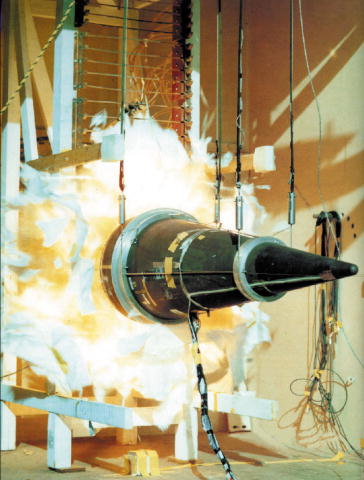Trump Administration Suspends Arms Shipments to Ukraine, Prioritizing U.S. Interests

In a significant shift in U.S. foreign policy, the Trump administration announced the suspension of certain arms shipments to Ukraine, a decision made amidst ongoing conflict with Russia. White House deputy press secretary Anna Kelly stated, "This decision was made to put America’s interests first following a Department of Defense (DoD) review of our nation’s military support and assistance to other countries across the globe" (Times of India, July 2, 2025). This policy shift comes during a period of intensified Russian military aggression against Ukraine, raising concerns about the impact on Kyiv's defense capabilities.
Historically, the United States has been a key ally to Ukraine since the onset of the Russian invasion in February 2022, providing over $66 billion in military support. However, recent assessments by the Pentagon revealed that U.S. stockpiles of certain weapons are insufficient, necessitating a reevaluation of existing commitments. An anonymous U.S. official confirmed, "Pentagon reviews found insufficient stocks of certain promised weapons, leading to the cancellation of some planned deliveries" (Times of India, July 2, 2025).
The suspension of arms deliveries includes previously pledged munitions under the Biden administration, which had aimed to bolster Ukraine's defenses against Russian advances. The specific weapons affected have not been disclosed, leading to speculation about the potential ramifications for Ukraine's military readiness. Sean Parnell, a spokesman for the Pentagon, emphasized that pending legislation would enhance U.S. defense capabilities against contemporary threats.
This policy shift has prompted mixed reactions. Some experts argue that prioritizing American interests could undermine Ukraine's ability to defend itself. Dr. Michael Anderson, a political analyst at the Brookings Institution, stated, "By halting military assistance, the U.S. risks emboldening Russian aggression and destabilizing the region further" (Brookings Institution, 2025). In contrast, proponents of the decision argue that it is a necessary step to ensure U.S. military readiness in the face of global challenges.
As diplomatic discussions have ceased, the implications of this decision extend beyond military logistics. The suspension complicates Trump's peace initiatives, which have been met with skepticism from both international observers and Ukrainian officials. President Zelenskyy had previously expressed the urgent need for advanced air defense systems, particularly the Patriot missile system, which Trump acknowledged as critical for Ukraine's defense during the recent NATO summit (Times of India, July 2, 2025).
Looking ahead, the future of U.S.-Ukraine relations remains uncertain. As military support pauses, the geopolitical landscape is poised for further shifts, with analysts warning of potential escalations in the conflict. The Trump administration's focus on prioritizing domestic interests may have long-term implications not only for Ukraine but also for U.S. foreign policy in Eastern Europe. The ongoing situation necessitates close monitoring as it unfolds, given the critical balance between national interests and international commitments.
Advertisement
Tags
Advertisement





